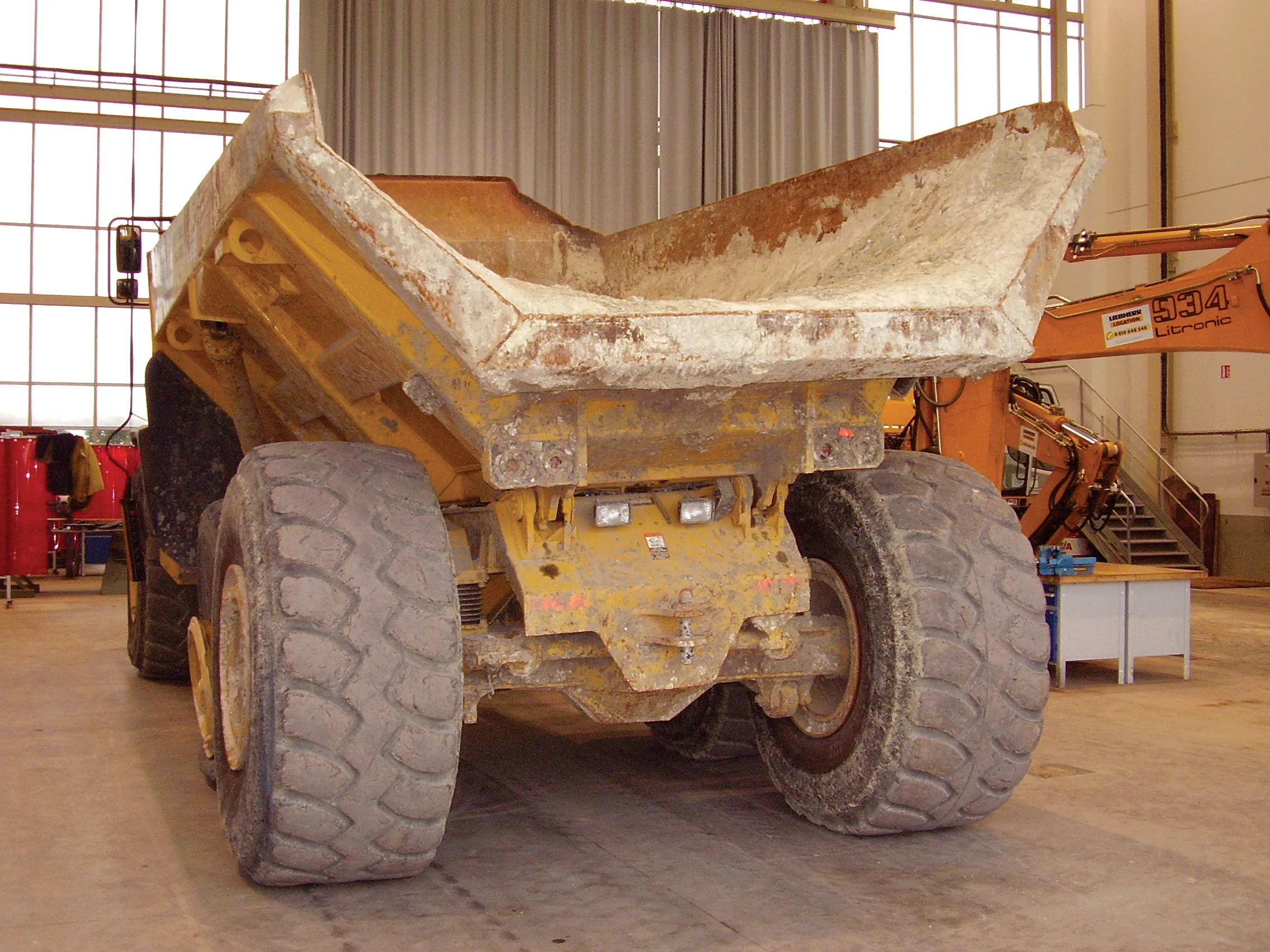The ‘Drug, Alcohol and Speed’ Commission at the influential Conseil National de la Sécurité Routière (CNSR) in France were expected to recommend during a meeting today a reduction from 90 to 80km/h for the maximum authorised speed limit on the country’s entire secondary road network.
March 27, 2014
Read time: 1 min
RSSThe ‘Drug, Alcohol and Speed’ Commission at the influential Conseil National de la Sécurité Routière (CNSR) in France were expected to recommend during a meeting today a reduction from 90 to 80km/h for the maximum authorised speed limit on the country’s entire secondary road network.
This is the more radical of the two options detailed in a report by experts selected by the commission. According to the report, reducing the speed limit by 10km/h on the French secondary road network would save 450 lives.
CNSR could agree to this measure at its next meeting on 16 May 2014 and, subsequently, propose it to the French Ministry of the Interior.
This is the more radical of the two options detailed in a report by experts selected by the commission. According to the report, reducing the speed limit by 10km/h on the French secondary road network would save 450 lives.
CNSR could agree to this measure at its next meeting on 16 May 2014 and, subsequently, propose it to the French Ministry of the Interior.






